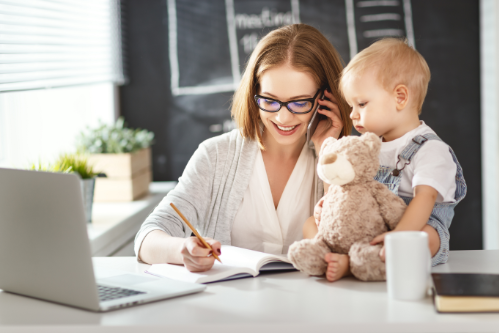Resources
The resources we provide on this page are ones that we have found to be helpful to families we serve. We have found some of them through our own research or partnerships. We have learned about some of them from parents who have used ASL RAPP. We’re hoping to save you some of the leg work by sharing them with you. If you have used resources or programs in your area that have been helpful for you, we would love to hear about them.

Printable Downloads
Infant Hearing Program of Eastern Ontario
The Infant Hearing Program screens all Ontario newborns under 2 months of age.
https://www.firstwords.ca/hearing
Audiology Clinic at CHEO
CHEO’s Audiology clinic supports children and youth with suspected or confirmed hearing loss. Their clinic is a designated diagnostic and rehabilitation center for the Infant Hearing Program.
Silent Voice
Silent Voice Canada provides accessible programming and services responding to the needs of Deaf adults, youth, children, infants, and their families, in American Sign Language (ASL).
CAD-ASC
The CAD-ASC is a great resource providing consultation and information on Deaf needs and interests to the public, business, media, educators, governments and others.
Hands & Voices
Hands & Voices is a non-profit, parent-driven organization dedicated to supporting families of children who are Deaf or hard of hearing. Hands & Voices is non-biased about communication methodologies and believes that families can make the best choices for their child if they have access to good information and support.
Marlee Signs
Learn American Sign Language with Marlee Signs© from Marlee Matlin – Academy Award© winning Deaf Actress. This free app is a fun way to learn ASL.
https://apps.apple.com/ca/app/marlee-signs/id566054855
Baby Sign and Sing
Baby Sign and Learn teaches American Sign Language using animated characters. It is good for adults and children. Each sign is explained and used in context.
https://apps.apple.com/us/app/baby-sign-and-sing/id528964648
The ASL App
This app is made by Deaf people, this app has over 2,500 signs that teach you conversational everyday ASL.
Disney+ Sign-up captions
The SignUp Google Chrome Extension overlays ASL interpretation on the streaming platform, Disney+, for more accessible captioning. SignUp was founded because many young people from the Deaf community find written captions indescriptive, or even absent from media sites.
Motion Light Lab
This is a cool free resource provided by Gallaudet University’s Motion Light Lab. Motion Light Lab is a space where creative literature and digital technology merge to create some very cool learning experiences.
https://motionlightlab.podia.com
Why I Sign
Check out this movement on social media led by Stacey Abrams.
Rachel Shenton on the Importance of Sign Language
“Sign language is crucial for Deaf children… Early intervention is crucial. Education doesn’t just start in schools, it starts when a child is born.” Watch Oscar-winner, actress and screenwriter Rachel Shenton in Geneva’s #SDGStudio on International Day of Sign Languages.
Myth Busters
Deafness is genetic.
There are types of Deafness that are genetic, but not all instances of Deafness are related to genetics. In fact, there is no proven scientific study that establishes all Deaf people have the same genetic features that cause them to become Deaf.
Deaf people cannot drive.
Of course they can. This is a very common misconception. Being able to see if far more important than being able to hear when it comes to navigating the roads. Deaf people are far more visually aware of their surroundings and make excellent drivers.
Talking louder or shouting helps Deaf people understand you better.
No. Do not scream. No matter how loud you talk if the other person has severe enough hearing loss they will not understand you. In fact, if the other person reads lips, you will make it even harder for them to understand what you are saying.
Deaf people are not as
intelligent as people who can hear.
NO. The ability to hear has NO bearing on intelligence. The inability to hear affects neither intelligence nor the physical ability to learn. Deaf people are as capable as those who can hear. This misconception is very damaging and has caused many Deaf people to have a lack of educational or employment opportunities available to them because some members of the hearing world hold this view.
All Deaf people can lip read
Although Deaf people do tend to be better at lip reading and will focus more on reading people’s lips, it is a very difficult skill to master. We all know people who talk very quickly or who mumble and are not very clear. Some letters are mouthed the same way, such as “b” and “p” making it challenging. Also beards and moustaches complicate things even further!
Have Something to Share?
Help us help you and others! Have you found a service that others should know about? A tip or trick to share? Please share your feedback with us, so we can share with others.